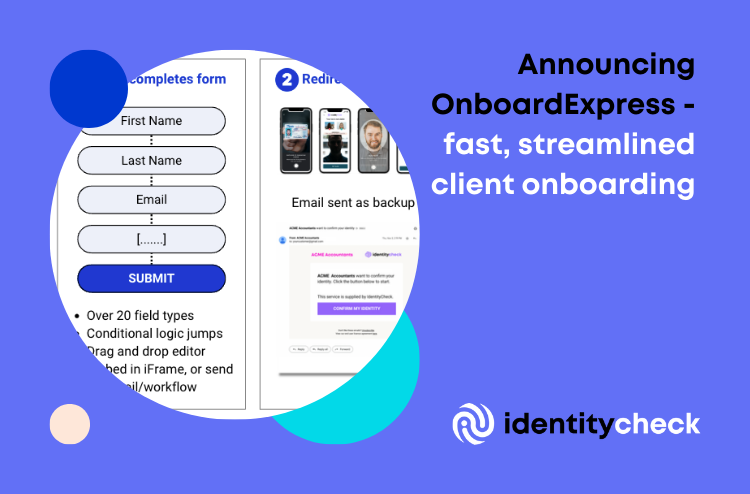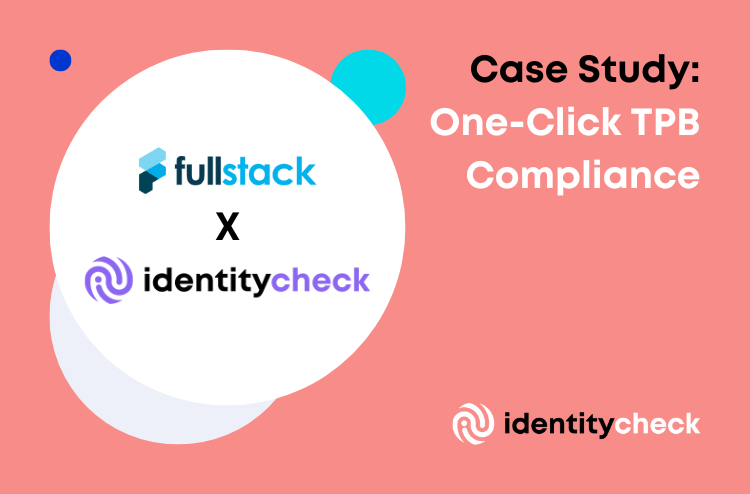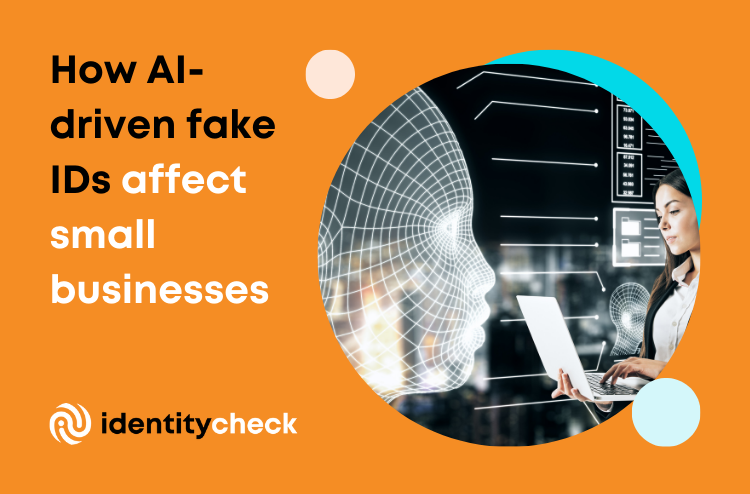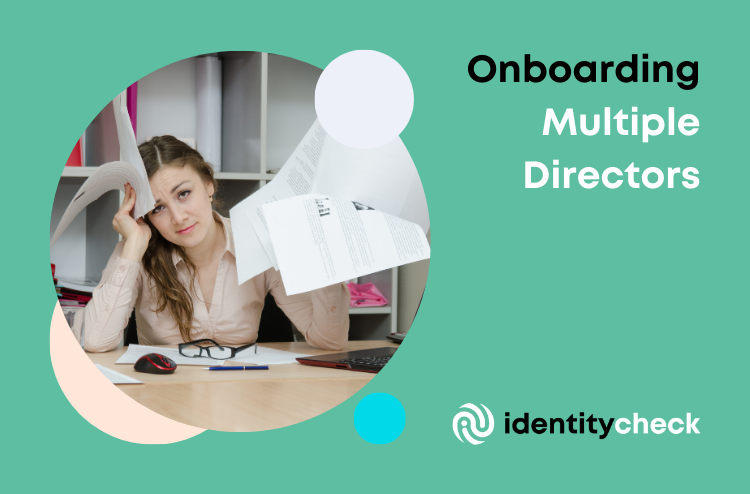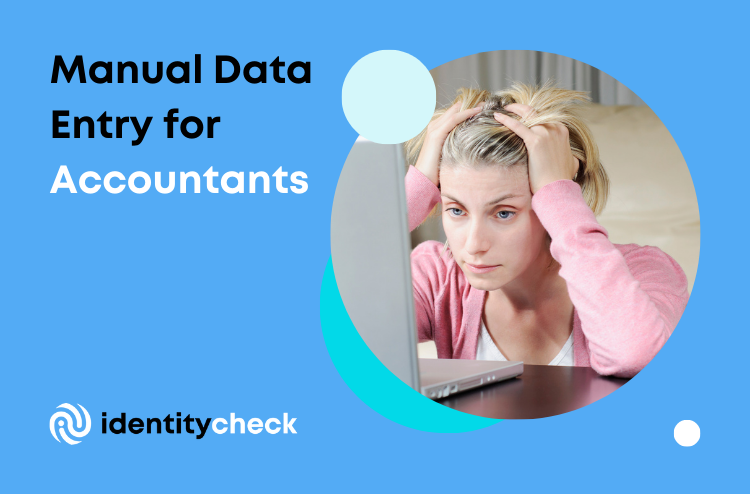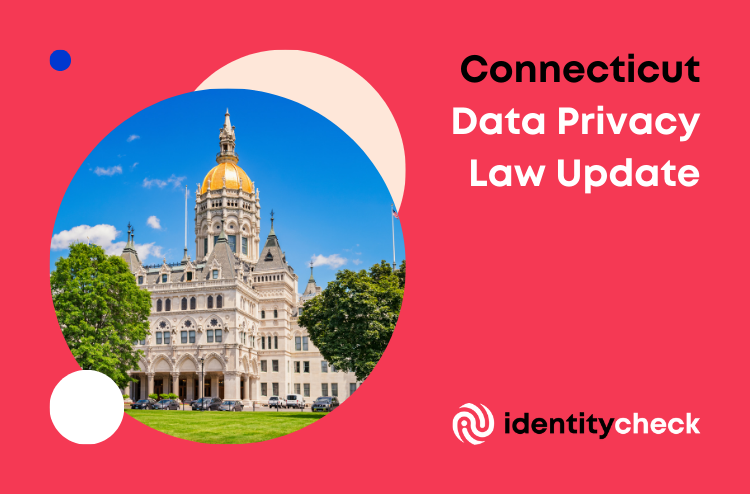KYC Verification
KYC literally means Know Your Customer (or sometimes, Know Your Client). In some industries, such as elements of the FinTech industry, this is a mandatory process. In other industries, prone to fraud or otherwise selective about who they do business with, it’s optional. The KYC process usually requires an individual to present government-issued documents (Passport, Driver’s Licence, Medicare) and/or utility bills tied to their address.
CDD – Customer Due Diligence
CDD means Customer Due Diligence. CDD is often confused with KYC, whereas in fact it’s just one component of the KYC process. The first stage of KYC involves collecting documents and information about the customer. The second stage is CDD and varies depending on the risk of the customer. For instance, most basic CDD involves verifying the documents are genuine and belong to the individual who has submitted them. More advanced CDD can include AML, PEP, Sanctions, or Credit Reporting.
AML – Anti-Money Laundering
AML stands for Anti-Money Laundering. It is a process followed by Financial and other organisations to prevent illegal transfer and depositing of funds. This can include money used for terrorism, human trafficking, or other illicit activities.
PEP – Politically Exposed Person
PEP stands for Politically Exposed Person. It is a term used to describe someone in a position of influence in government or an international organisation. If someone is determined to be a “PEP” that doesn’t necessarily mean they are a direct risk, it just means additional precautions may be necessary due to them being exposed to potential corruption or bribes. Family members of PEPs can often be identified as a PEP also.
Sanctions
Sanctions are restrictions placed on individuals by Governments or international organisations. Types of sanctions can include economic, diplomatic, or military. It is important for many financial organisations to complete a Sanctions check as a standard course of business, and often required for AML compliance.
Biometrics
Biometrics is shorthand for Biological Measurements. Examples include facial recognition, finger printing, and retina scans. In the context of KYC, biometrics typically involves taking a selfie to check the the person for realness and liveness. The details captured are then compared to documents supplied or on file.
Liveness test
Liveness tests are a process of checking an image or video for signals that it is a real person, and not a photograph of a person. Liveness tests assist to reduce fraudulent efforts of individuals that are trying to trick CDD processes.
KYB – Know Your Business
KYB means Know Your Business. KYB is an additional step taken prior to entering a business relationship, or completing a business transaction. KYB can involve a variety of checks including the verification of the business’s registered details, the entity name and status, the company directors, credit-worthiness, and identity of senior management. Another component of KYB is UBO.
UBO – Ultimate Beneficial Ownership
UBO stands for Ultimate Beneficial Ownership. Many business entities can be clean ‘shell companies’, which appear legitimate on first glance, but where the ultimate business owner may have tax or other legal issues. UBO is a process for understanding the ultimate owner of a business entity, and the same KYB and background checks are completed on them.
eKYC – electronic KYC
eKYC simply means electronic KYC. It is a paperless version of the KYC process and a popular term in India, Malaysia, Hong Kong, and otherwise used interchangeably with “KYC” (due to the popularity of most KYC processes being electronic by default).
OCR – Optical Character Recognition
OCR stands for Optical Character Recognition. OCR involves extracting text from a printed document that has been scanned into a computer system. For CDD, this can mean extracting the personal (KYC) and/or business (KYB) details into a CRM or database. OCR can be used to streamline data entry, reduce errors, or simply verify against previously entered details.
Credit Report
A Credit Report verifies the credit-worthiness of an individual, or business. The report can check for previous bankruptcies, legal issues, or simply extract an associated credit score. Credit Reports are a valuable addition to KYC and KYB processes as they reduce the risk of future delayed or defaulted payments.
WWCC – Working With Children Check
WWCC stands for Working With Children Check. This is a mandatory check in Australia that’s required in many paid and voluntary professions including schools, daycare, and healthcare. Any industry where an individual needs physical or face-to-face contact with children may require a WWCC.
Police Check
A police check involves checking an individual for prior convictions recorded on the police database. It is commonly required for employment in certain regulated industries. The process requires the submission of idnetifying documents and a record of previous addresses.
We hope you find this glossary useful. If there is something missing, please let us know!
If you haven’t already, check out how we automate and integrate common KYC processes into your business workflow with IdentityCheck.



